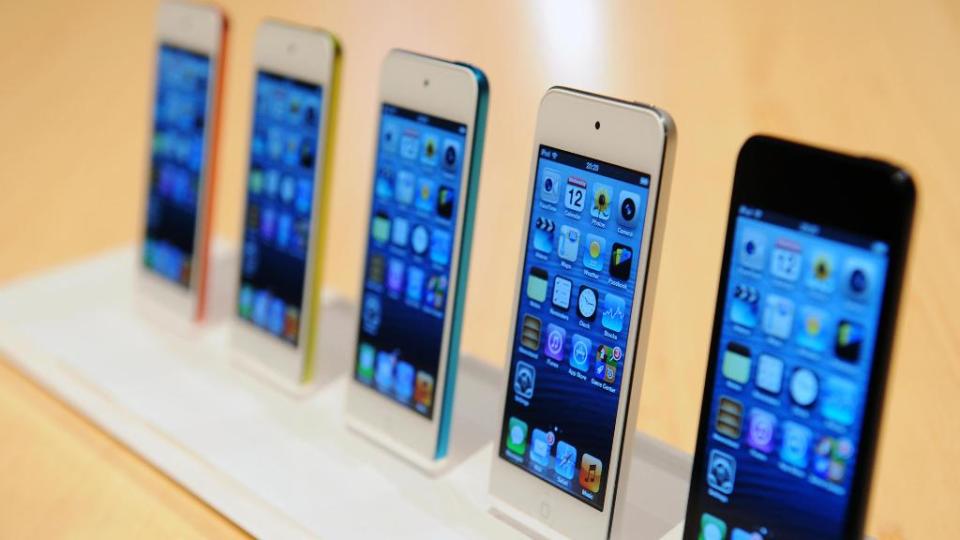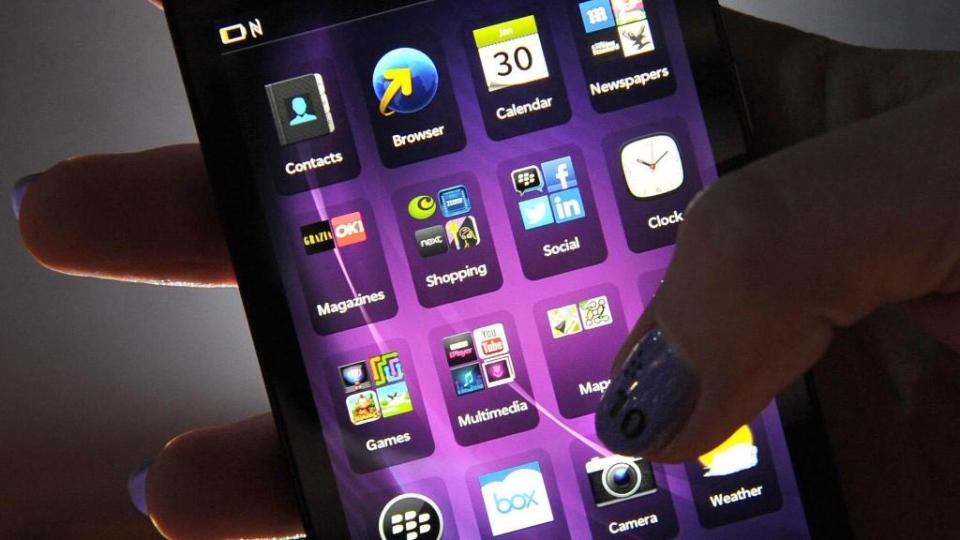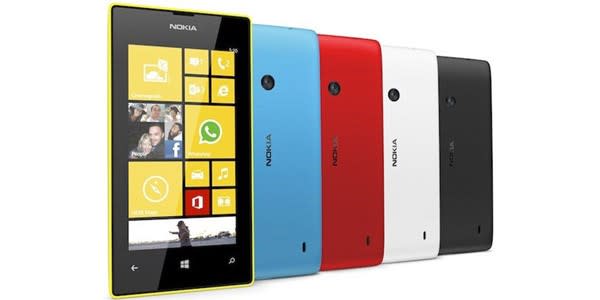Android, iPhone or Windows Phone? Which Smartphone Is Best For You?
Last year, a billion smartphones were sold worldwide. Smartphones are, for the uninitiated, any touchscreen gizmo which can download apps, go on the internet, receive email and otherwise ignore their primary function as phones. According to OfCom, 51% of adults already have one and figure is growing rapidly.
So how do you know which smartphone to settle for?
Tom Dunmore, Creative Director of The Gadget Show magazine says, “Apple is a glamour brand, something to be seen with and often a prelude in well-off families to youngsters being handed a Macbook for university. Many teenagers still choose BlackBerry for its messaging functions. But for a family looking to share music, photos and messaging between several smartphones, it’s wise to understand the differences between Android, Windows Phone, BlackBerry and iOS - and given how fragile they are, price should be one of those.”

Contrary to popular opinion, Apple’s iPhone is NOT the most popular - nor is it the only option. Apple does have the virtue of being easy to get to grips with as it has one operating system. Android operating system (created by Google) is used by a number of different manufacturers who tweak it to their phones. Samsung, Sony, LG and HTC all make different models, which can work slightly differently.
If you're buying a phone for kids, Get Safe Online see the mid-teen years as a good time for a child to receive a smartphone. They suggest that it’s unwise to start earlier than this as the devices offer web browsing and social networks such as Facebook, which can be risky for young children.
For added reassurance, buy a pay monthly model where you control the bills - and when choosing a deal, pick one with a large amount of data (internet access). Youngsters love to download games - often 50MB each - and social networks remain among the most popular activities online for young people (18%) just ahead of watching videos (17%).
[How To Delete Embarrassing Facebook Posts]
[Facebook: When Is The Right Age For My Child To Join?]
Apple iPhone

Best for: Beginners
Pros
Apple’s iOS is the simplest to use (although there’s not much in it).
There are marginally more apps on offer on the AppStore.
The smaller size of iPhone (and bright colours of the lower-end iPhone 5C) add visual appeal .
If you already have an Apple iPad it will allow parents to enable restrictions, which lets parents block off certain functions (buying apps, for instance, or internet access), using a password.
Cons
The iPhone 5S and 5C flagship models are fragile, with the screen easily shattering.
The battery in iPhone models can’t be replaced - it’s sealed in. Touchscreens require a great deal of power, so when a battery runs low, the phone may only last for hours.
Films, music and games bought on Apple devices tend not to work on non-Apple devices, so it’s worth thinking carefully about this before transferring.
Android

Best for: Young Einsteins
Pros
Android phones offer bigger screens, broadly speaking, and young computer whizkids will enjoy customising the look and feel (forbidden on iPhone).
‘Widgets’ - panels on screen showing information such as the weather, incoming emails, or a ‘ticker’ of news stories, make the phones easier to use.
Android handsets are usually less fragile than iPhonesGadgets.
Cons
Not all Androids are equal. Many manufacturers load the gizmos with their own apps, which are irritating (Samsungs, for instance, keep asking you to sign up for a Samsung account).
To get the most out of Android, you’ll need a Google Mail account - many built-in apps (shopping, editing documents etc) are built on a Gmail account.
[The Best Apps For Children And Adults To Enjoy Together]
BlackBerry

Best for: Message-mad socialites
Pros
The new BlackBerries are very different from previous business-friendly models.
BlackBerry Balance lets you switch between a secure screen of work apps to a phone filled with games, apps and The BlackBerry Hub (a sort of mega-inbox which amalgamates email, SMS, Twitter, Facebook etc).
Cons
BlackBerry Store is better than previous BlackBerries - but there’s less entertainment here than on Androids and iOS.
The keypad on the BlackBerry Q10 is stunning - but the touchscreen version is much less so.
Windows Phone

Best for: Camera fans
Pros
Windows for phones is actually very simple - a set of “tiles” showing apps with helpful alerts popping up (like after receiving an email or text message).
It’s faster than iPhone or Android for delivering information.
After Microsoft bought Nokia, the Finnish company makes their phones - which means great cameras, up to 20 megapixels.
Windows phones last: Nokia software stops apps hogging the battery, so the phones don’t conk out early.
Windows phones offer wireless charging - you simply plop your phone on a pad (supplied), and the battery refills.
Cons
Microsoft has loaded its latest handsets with apps - including essentials such as Spotify and Netflix - but you won’t find Google ones (like Maps).
Microsoft’s app store IS getting better, but you may not find the one obscure app you love in there - the big names are ticked off, but not everything.
Gamers will be disappointed: despite a tie-up with Xbox, there simply aren’t as many good games on Windows Phones as on Android or iOS.

 Yahoo News
Yahoo News 
